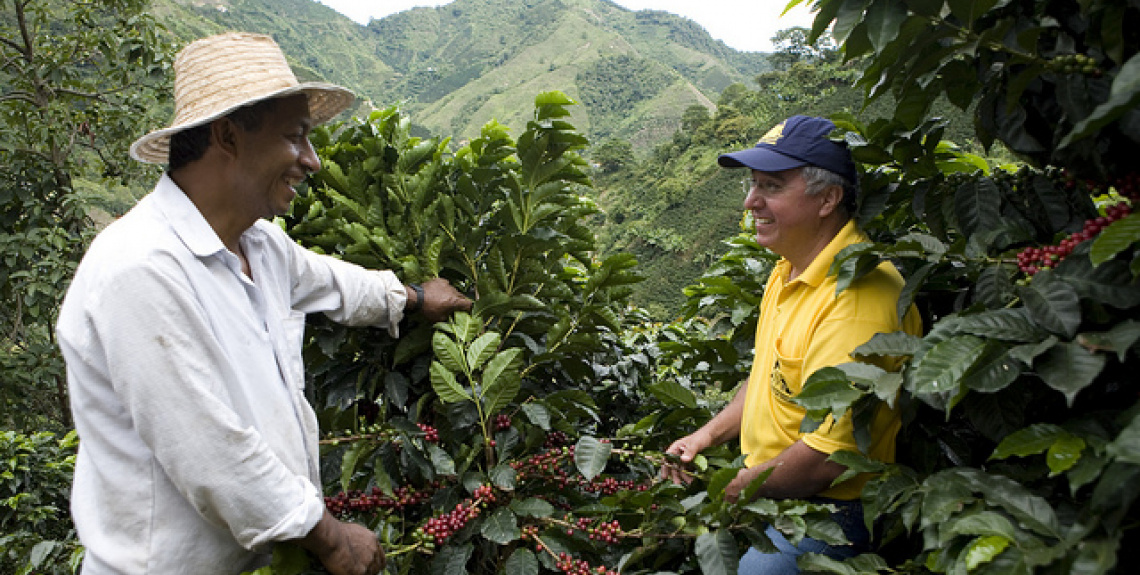'The Coffee Trail' policy consists of enhancing the value of the potential and productive chains in the territory in order to halt migration from the mountains towards large cities.
This has been achieved by means of projects to enhance the value of the territory that arose in the context of decentralized cooperation between the province of Arezzo (Tuscany, Italy) and the province of Salcedo. The depopulation that affected the province of Salcedo from the 1980s as a result of the coffee crisis was similar to that suffered in the region of Tuscany in the 1960s.
Given that it was impossible for the Tuscan agricultural sector to maintain some degree of competitiveness, the Tuscan institutions adopted a strategy focused on improving the quality of products such as oil and wine. This strategy, which was reflected in the experience of the Strada del Vino, yielded remarkable results in economic, environmental and cultural development terms by promoting the sustainable development of rural communities.
A process of decentralized cooperation began between the province of Arezzo and Salcedo in 1994, and a responsible tourism project similar to the Strada del Vino, known as The Coffee Trail, was developed in the Dominican town.
Goals and results
The Coffee Trail aims, on one hand, to improve the quality of the product by regenerating productivity and by creating a direct link between producer and consumer; and on the other, to protect and enhance local cultural identity by raising community awareness of environmental protection, the promotion of local products and enhancement of the value of the territory's heritage. The policy was operational between 2004 and 2008. The participation process included taking and implementing political and strategic decisions in conjunction with local institutions, NGOs and actors in the territory; and coordinating all the parties involved by means of committees, etc. The work on the ground was coordinated by the NGO Ucodep, with local partners providing specific skills. Technical and scientific activities were entrusted to specialized bodies such as universities, businesses, etc.
The Coffee Trail has had various results: the introduction of an innovative type of tourism to the region; the creation of social capital in the mountain community; and halting depopulation. In addition, this experience has helped to strengthen the Strada del Vino in Arezzo, giving it a higher international profile.
Obstacles
The main weakness of The Coffee Trail experience lies in the fact that rural development initiatives take some time to bear fruit, which means that it is essential that there are local actors that are able to provide the policies with continuity. The institutional instability in the country does not make these long-term experiences easy, as partners in the North often become the stable benchmarks, thereby jeopardizing the real sustainability of the projects.
The Inclusive Cities Observatory is a space for analysis and reflection on local social inclusion policies. It contains over sixty case studies on innovative policies for community development, access to basic services, gender equality, environmental protection and the eradication of poverty


